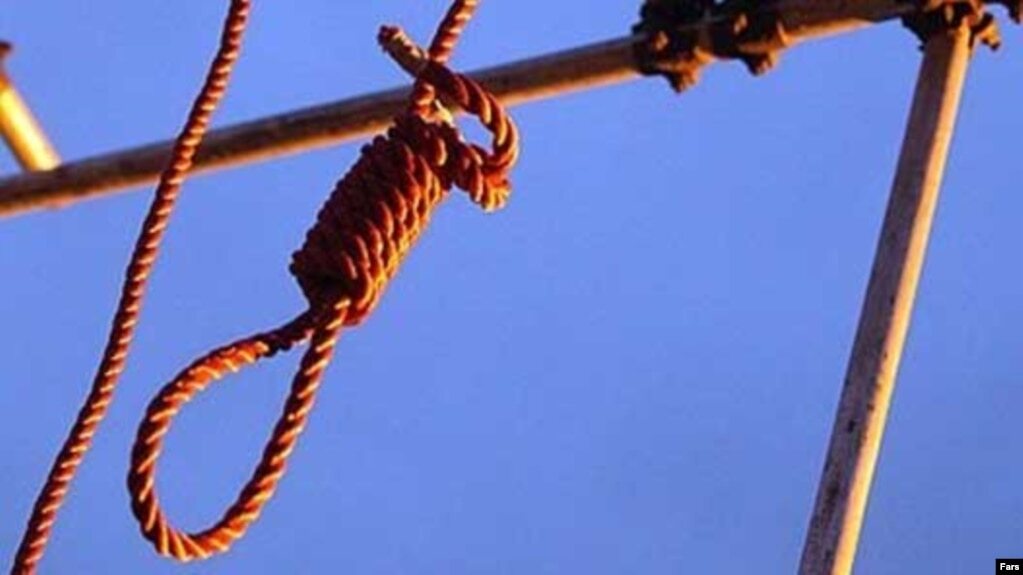“The recent escalation in executions of Baluchis and Ahwazi Arabs raises serious concerns that the authorities are using the death penalty to sow fear among disadvantaged ethnic minorities, as well as the wider population,” Diana Eltahawy, deputy director for the Middle East and North Africa at the London-based group, said in a statement on February 4.
“The disproportionate use of the death penalty against Iran’s ethnic minorities epitomizes the entrenched discrimination and repression they have faced for decades,” Eltahawy added.
The statement called for “concerted action” by the international community, including United Nations human rights bodies and the European Union, to “stop the Iranian authorities from carrying out executions after flagrantly unfair trials marred by torture-tainted ‘confessions’.”
It cited figures obtained from the Washington-based Abdorrahman Boroumand Center, which promotes human rights in Iran, according to which the country has executed at least 49 people since December 1, 2020. More than a third of them were Baluchis.
The Office of the UN High Commissioner for Human Rights (OHCHR) has denounced what it called a crackdown on ethnic and religious minority groups in Iran since mid-December 2020, in particular Kurdish, ethnic Arab, and Baluch communities.
Amnesty International said the four Baluch prisoners on death row in Zahedan prison in Sistan-Baluchestan Province and in Dastgerd prison in Esfahan Province “have all been subjected to a catalogue of human rights violations, including enforced disappearance and torture.”
Three ethnic Arabs on death row have sewn their lips together and have been on hunger strike since January 23 in Sheiban prison in Ahvaz, Khuzestan Province, “in protest at their prison conditions, denial of family visits, and the ongoing threat of execution,” the watchdog said.
The fourth ethnic Arab inmate “has been forcibly disappeared since April 2020, putting him at risk of torture and secret execution.”
Amnesty International’s plea comes a day after 36 civil society and human rights organizations denounced “an ongoing wave of arbitrary arrests, incommunicado detention, and enforced disappearances by the Iranian authorities” targeting Iran’s “disadvantaged” Kurdish minority.
The groups said in a statement that at least 96 members of the community had been arrested in five provinces since January 6.
They included “civil society activists, labor rights activists, environmentalists, writers, university students, and formerly imprisoned political activists as well as individuals with no known history of activism,” they said.
RFE/RL



